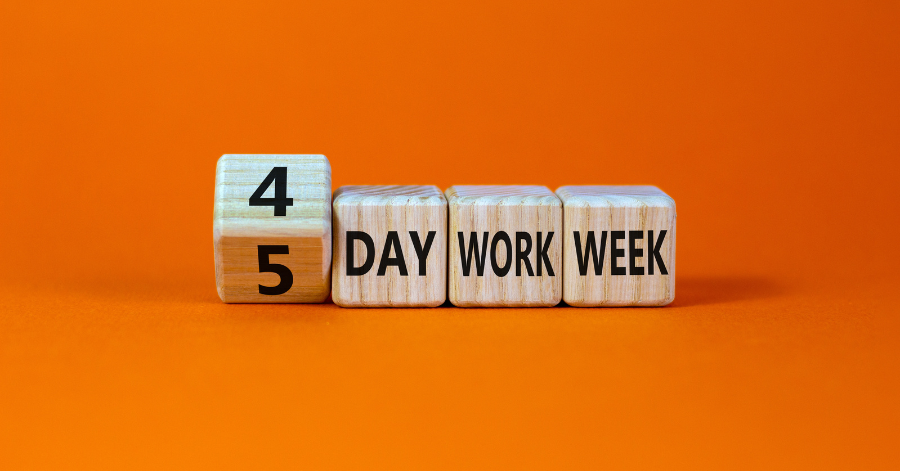
A Shorter Working Week
22 Sept, 20176 Minutes
For years it has been clear that working longer hours doesn’t make you more productive. Yet the five-day, 40-hour working week remains the norm and many people in the UK work far longer.
Recently I read about Tim Ferriss' 4-Hour Workweek, I learnt about the 6-hours working week in Sweden and have seen the "Eight hours labour, eight hours recreation, eight hours rest” slogan on various social media sites. It got me thinking about the difference between people working 4 hours a week to 16 hours a day – what is the optimal amount of hours to be productive?
More than 6 million people in Britain work 45+ hours a week, while around 1.69million people are unemployed. A shorter working week would mean a fairer distribution of available work and give people more control over their time.
Perhaps this is the motivation for Sweden who are moving to a six-hour working day. They are promoting that this change will increase productivity and make people happier. Employers across the country have made the change, according to Science Alert, who report that the aim is to get more done in a shorter amount of time. It is to ensure people have the energy to enjoy their private lives by spending more time with their families, learn new things or exercise more. In order to cope with the significant cut in working hours, staff are asked to stay off social media and other distractions while at work and meetings are kept to a minimum.
Amazon is catching onto this mindset as it pilots a four-day working week to experiment how teams working 30-hours every week would benefit.
Are people really going to be more productive during their working day? I find it difficult to sometimes do all my personal chores during my lunch break so a shorter day would be helpful but can you fulfil your work requirements in that short amount of time? 30 hours a week instead of 40… I suppose that is exactly what employees who work part-time hours have to do. Juggle their workload in a shorter amount of time.
There is a lot of research supporting that shorter weeks can make workers happier as it gives more time for recreation. However, it is possible to take advantage of the spare time which you currently have.
This is the concept of the "Eight hours labour, eight hours recreation, eight hours rest” motto. Take the average person who already works 8 hours and sleeps 8 hours. This leaves 8 hours of recreation. 8 hours seems like a lot of downtime, though this always disappears so quickly within the day. You need to take into account that this time includes getting ready in the morning, commuting to and from work, school run, lunch break, gym etc.
With the new 6-hour working day proving to be a success in Sweden, will the new slogan be called the “6 hours labour, 10 hours recreation and 8 hours rest”?
What do you feel is the right work-life balance?




